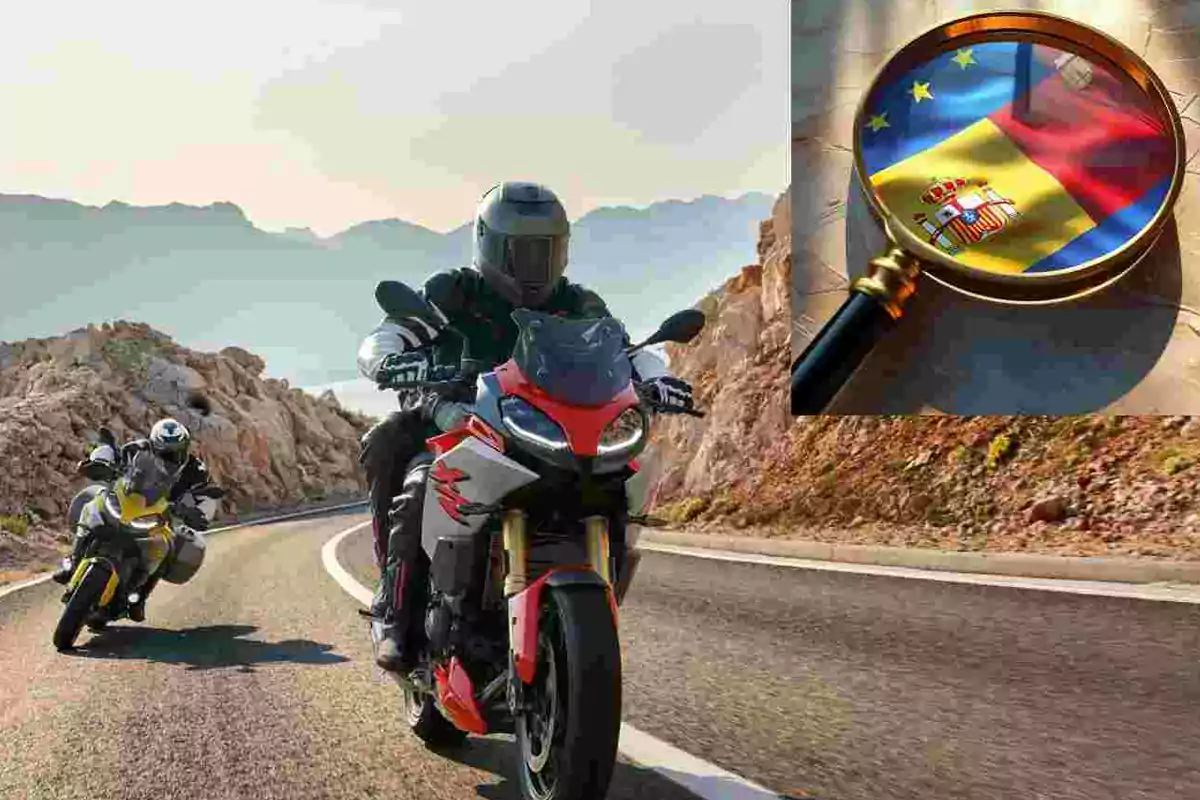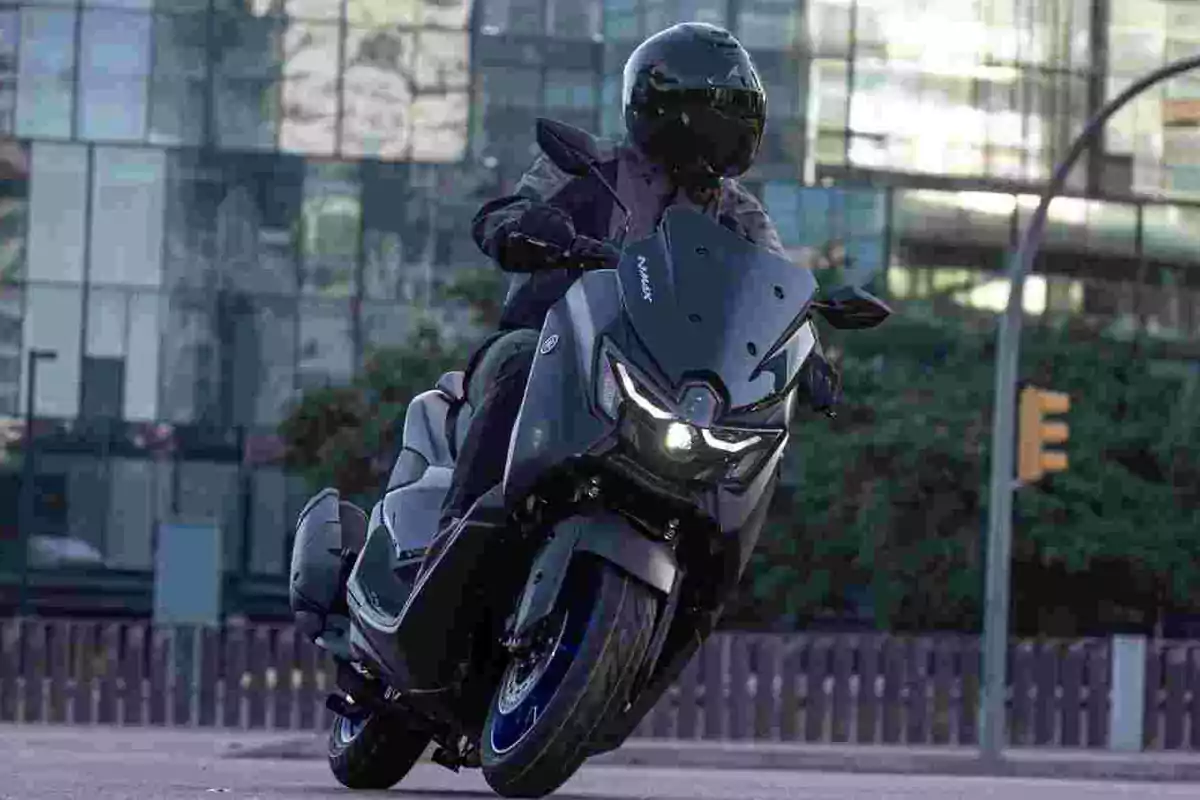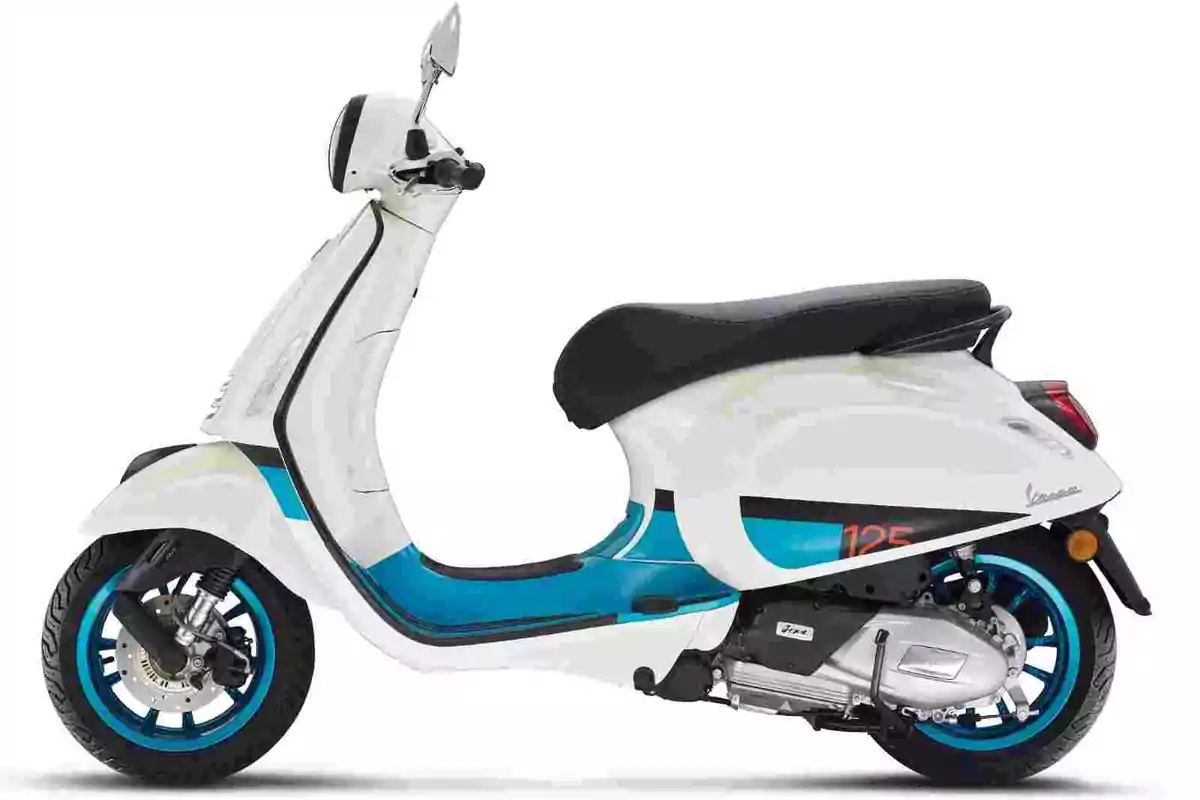
The European motorcycle market comes to a sudden halt: this country is the exception
In the first half of 2025, motorcycle registrations have decreased in the five main European markets
A severe regression in the motorcycle market in Europe has been recorded during the first six months of the year.
This is confirmed by the latest data compilation provided by ACEM, the European Association of Motorcycle Manufacturers. It points to an 11.3% drop compared to the same period last year.
In 2025, a total of 542,361 units have been registered compared to 611,145 in 2024. This is a significant double-digit drop that extends across many of the continent's most powerful countries.
The relevant market that escapes this trend
However, amid this widespread retreat, Spain stands out as the exception that proves the rule. Our country shows a 5% growth, adding 111,363 new units to circulation.

This way, the Spanish market accounts for 20.5% of new motorcycle registrations. This figure highlights the importance of our country in this sector. It rises to second place, behind Italy.
The rest of the outlook is hardly encouraging. Italy, although still leading in volume with 195,025 units, drops by 4.2%. France, traditionally one of the market's strongholds, plummets by 14.8% with just 98,499 registrations.
The United Kingdom records 47,464 units and a concerning 19.8% drop, while Germany experiences the sharpest decline: 29%, with only 90,010 new motorcycles in its records.

Mopeds continue on a downward path
The moped segment also finds no relief. In the six countries where their evolution is specifically monitored (Spain, Italy, France, Germany, Belgium, and the Netherlands).
The average drop is 19.2%, standing at 68,690 units. All markets are down: from Spain's modest 2% (5,628 units) to the 32.4% reported by Italy (6,619 units). The French case stands out, with a severe 27.7%.

ACEM's Secretary General, Antonio Perlot, attributes this cooling to a logical adjustment after the entry into force of the Euro 5+ regulation. Although the impact has been notable in numbers, he emphasizes that motorcycles still hold a key place in individual mobility in Europe.
He sends a clear message to policymakers. L-category vehicles (motorcycles, mopeds, and tricycles) must be fully integrated into future mobility plans. This way, an effective transition to more sustainable systems would be achieved.
Meanwhile, José María Riaño, Secretary General of ANESDOR, provides context for the data. The advance in sales at the end of 2024, driven by the regulatory change, altered the natural curve of the first half of 2025.
Even so, he highlights the robustness of the Spanish market, where motorcycles remain an essential ally for efficient and environmentally conscious mobility.
More posts: